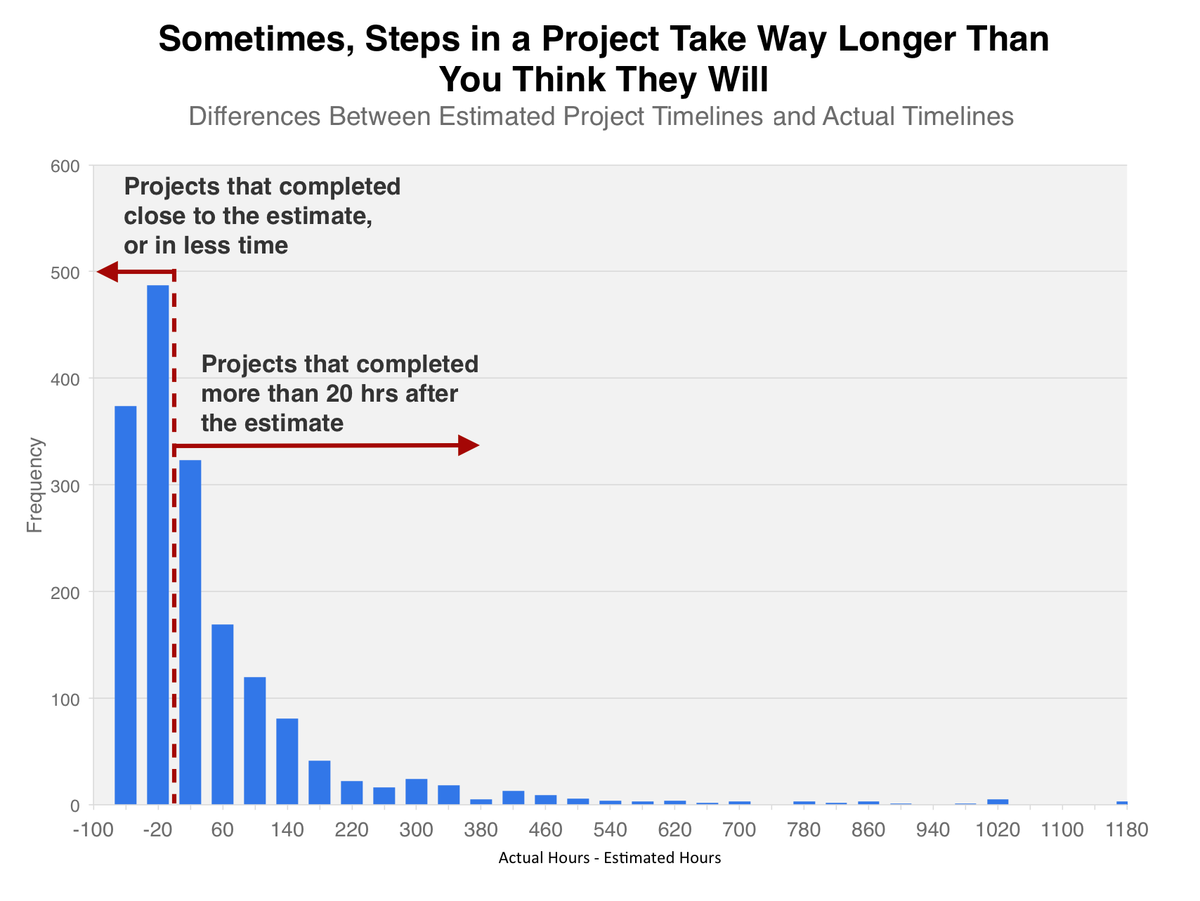When officers take the lives of those they are sworn to protect and serve, they undermine their own legitimacy.
When you live in communities like ours—or perhaps any community—mediating violence between young people is part of being an adult. Sometimes the young people are involved in scary behavior—like threatening people with metal objects. And yet the notion that it is permissible, wise, moral, or advisable to kill such a person as a method of de-escalation, to kill because one was afraid, did not really exist among parents in my community.
In America, police officers are agents of the state and thus bound by the social contract in a way that criminals, and even random citizens, are not. Criminals and random citizens are not paid to protect other citizens. Police officers are. By that logic, one might surmise that the police would be better able to mediate conflicts than community members. In Chicago, this appears, very often, not to be the case.
It will not do to note that 99 percent of the time the police mediate conflicts without killing people anymore than it will do for a restaurant to note that 99 percent of the time rats don’t run through the dining room. Nor will it do to point out that most black citizens are killed by other black citizens, not police officers, anymore than it will do to point out that most American citizens are killed by other American citizens, not terrorists. If officers cannot be expected to act any better than ordinary citizens, why call them in the first place? Why invest them with any more power?
Legitimacy is what is ultimately at stake here.
When police can not adhere to the standards of the neighborhood, of citizens, or of parents, what are they beyond a bigger gun and a sharper sword? By what right do they enforce their will, save force itself? When policing is delegitimized, when it becomes an occupying force, the community suffers.
A state that allows its agents to kill, to beat, to tase, without any real sanction, has ceased to govern and has commenced to simply rule.
Source: Quintonio LeGrier, Bettie Jones, and the Paranoid Style of American Policing – The Atlantic, by Ta-nehisi Coates

